New Jersey residents are demanding hearings to be held after their home energy bills have skyrocketed. In some cases, these bills have doubled or more.
Critics have pointed to Democrat Governor Phil Murphy’s “Energy Master Plan”, which was first launched in 2020. Detractors are now calling this project the “Energy Disaster Plan.”
Skyrocketing Costs in New Jersey
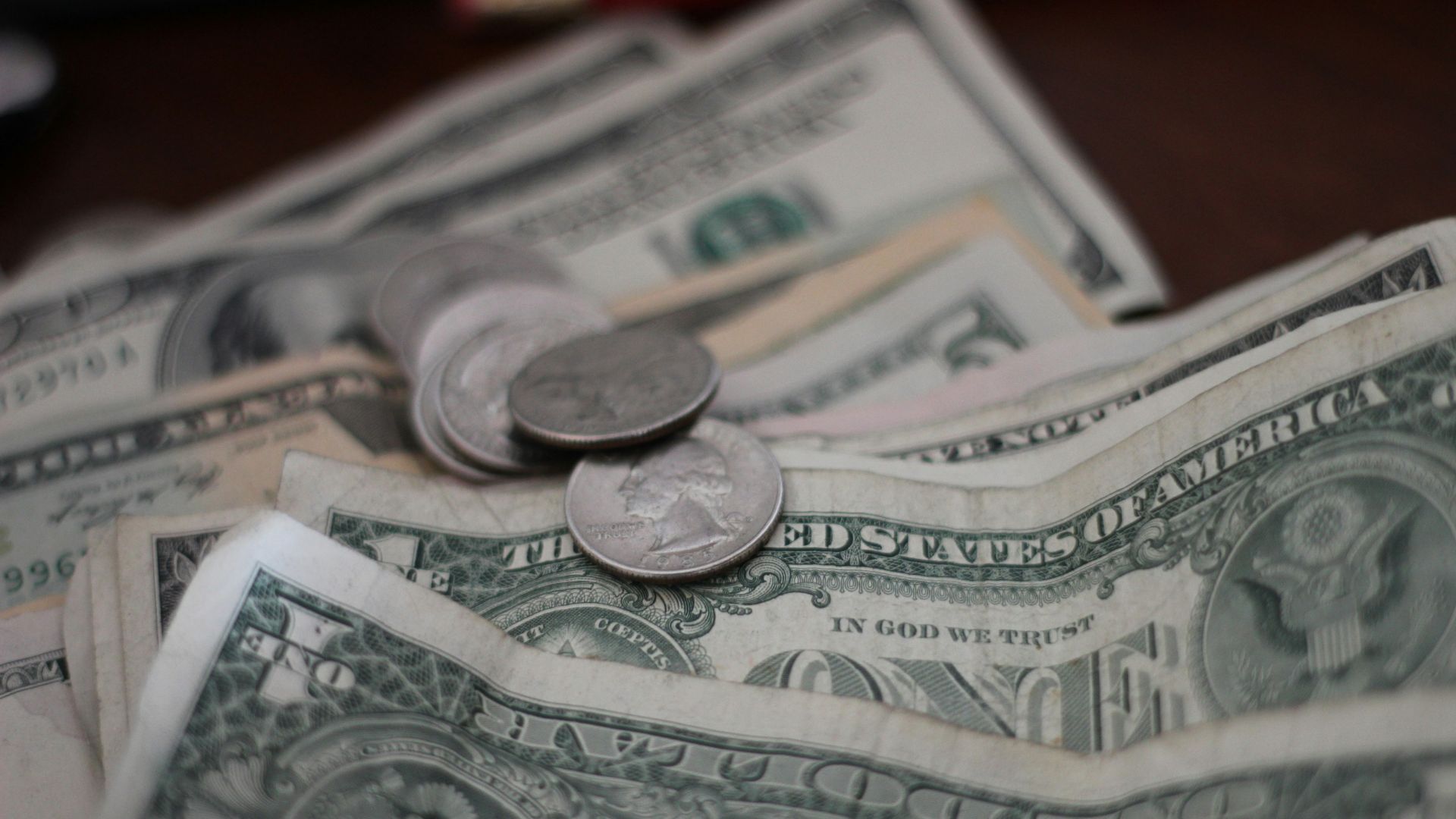
Recently, homeowners in New Jersey have been left struggling as they’ve been trying to pay skyrocketing home energy costs.
Many residents have explained that their utility bills have raised in price, sometimes doubling in cost or more.
Demanding Hearings
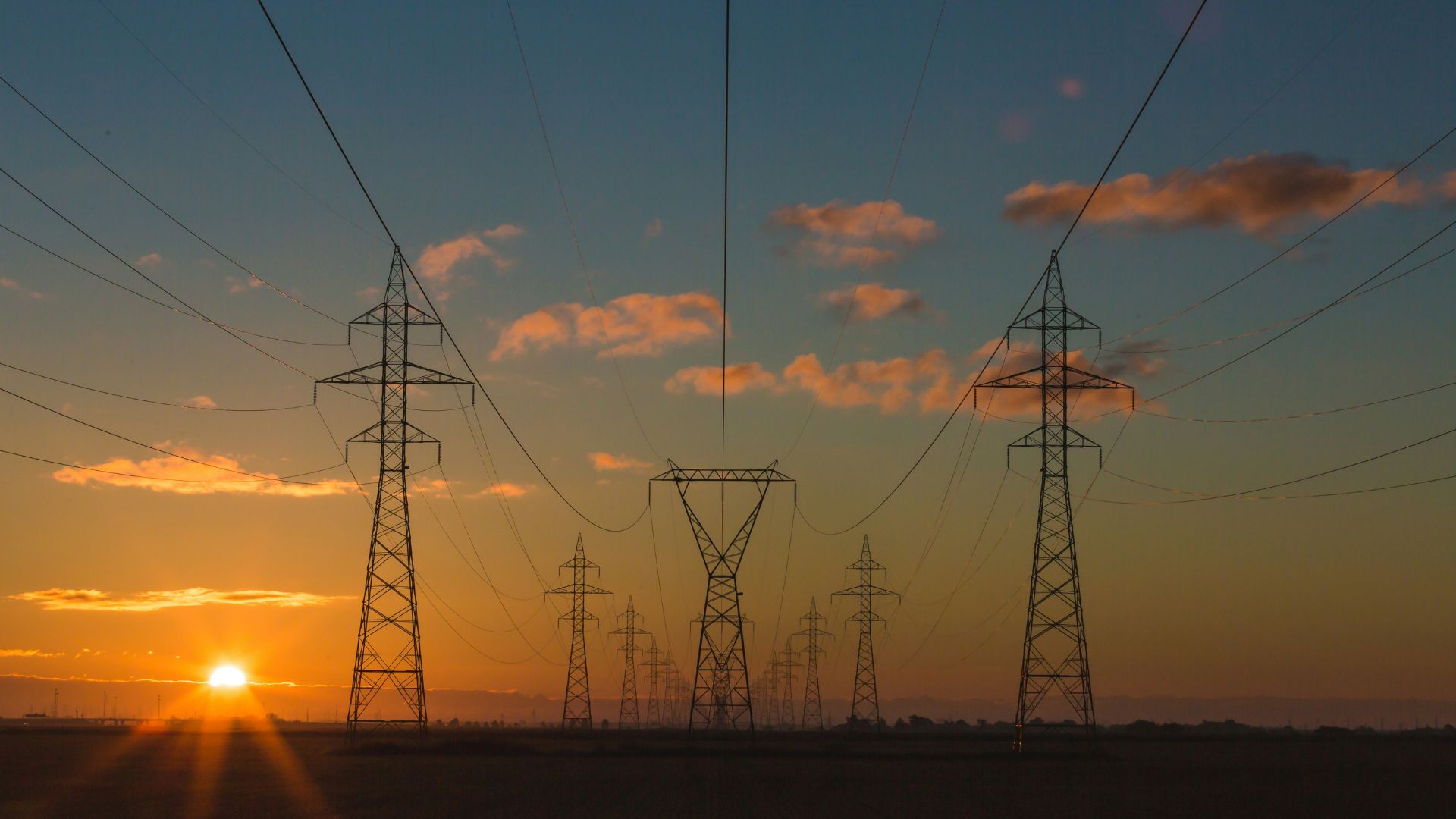
Now, these residents are demanding their questions answered — and they’d like a hearing with the state utility commission and the governor to fix this problem.
Many residents have blamed the governor, as well as his allies in green energy, responsible for these incredibly high costs.
Residents Are Struggling
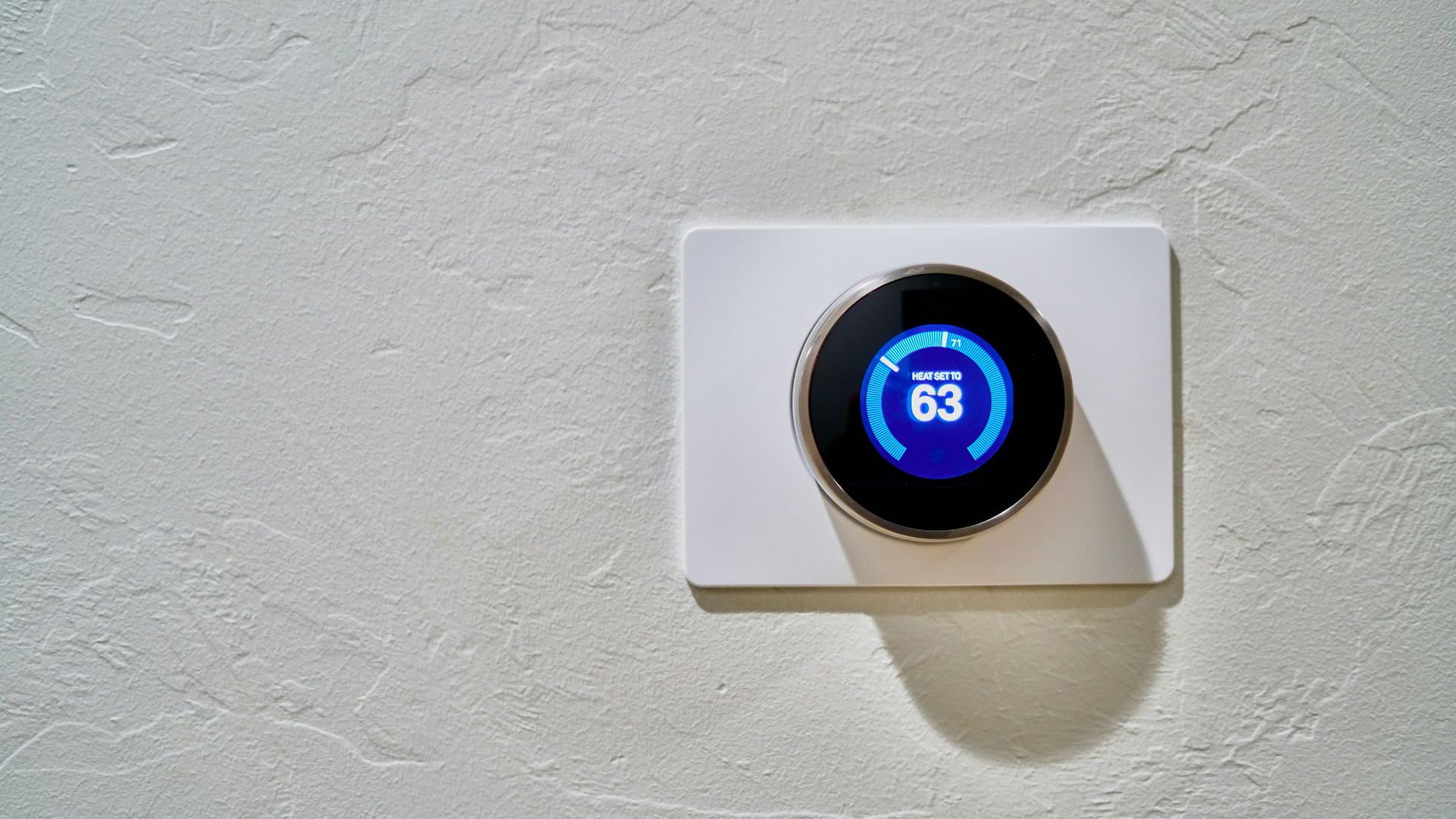
Many lawmakers have heard from New Jersey residents about how they’re struggling to afford these utility bills.
One homeowner reportedly even raised their thermostat by four degrees this summer, all to try to save money. However, this didn’t help at all, and this resident still had to pay an increased price.
Incredibly High Bills
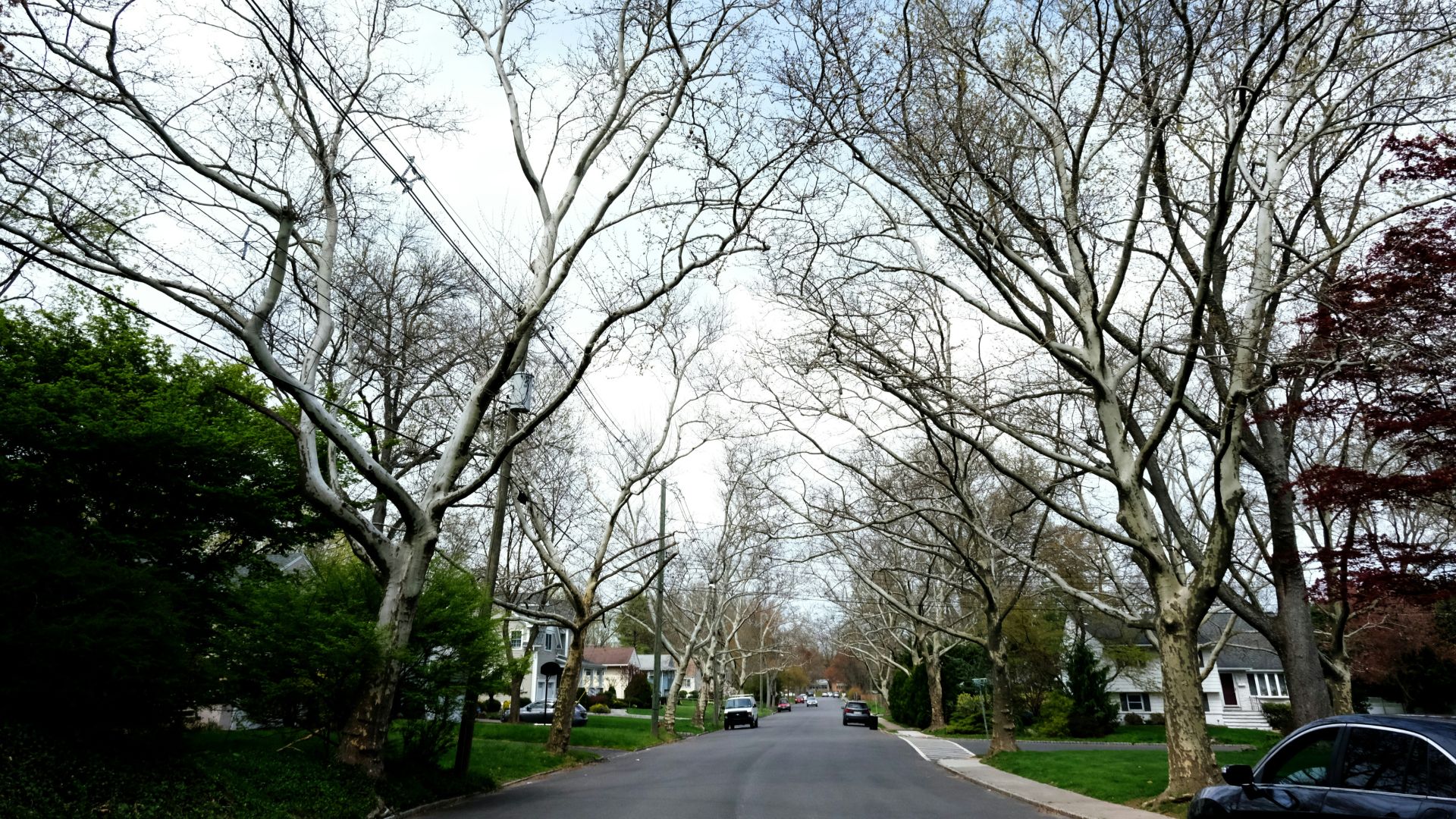
In various parts of New Jersey, residents have found themselves facing energy bills that have skyrocketed in price.
For example, one homeowner in Morris County, a suburb in the state, revealed that he has a $782 monthly bill.
New Jersey Continues to Be Unaffordable
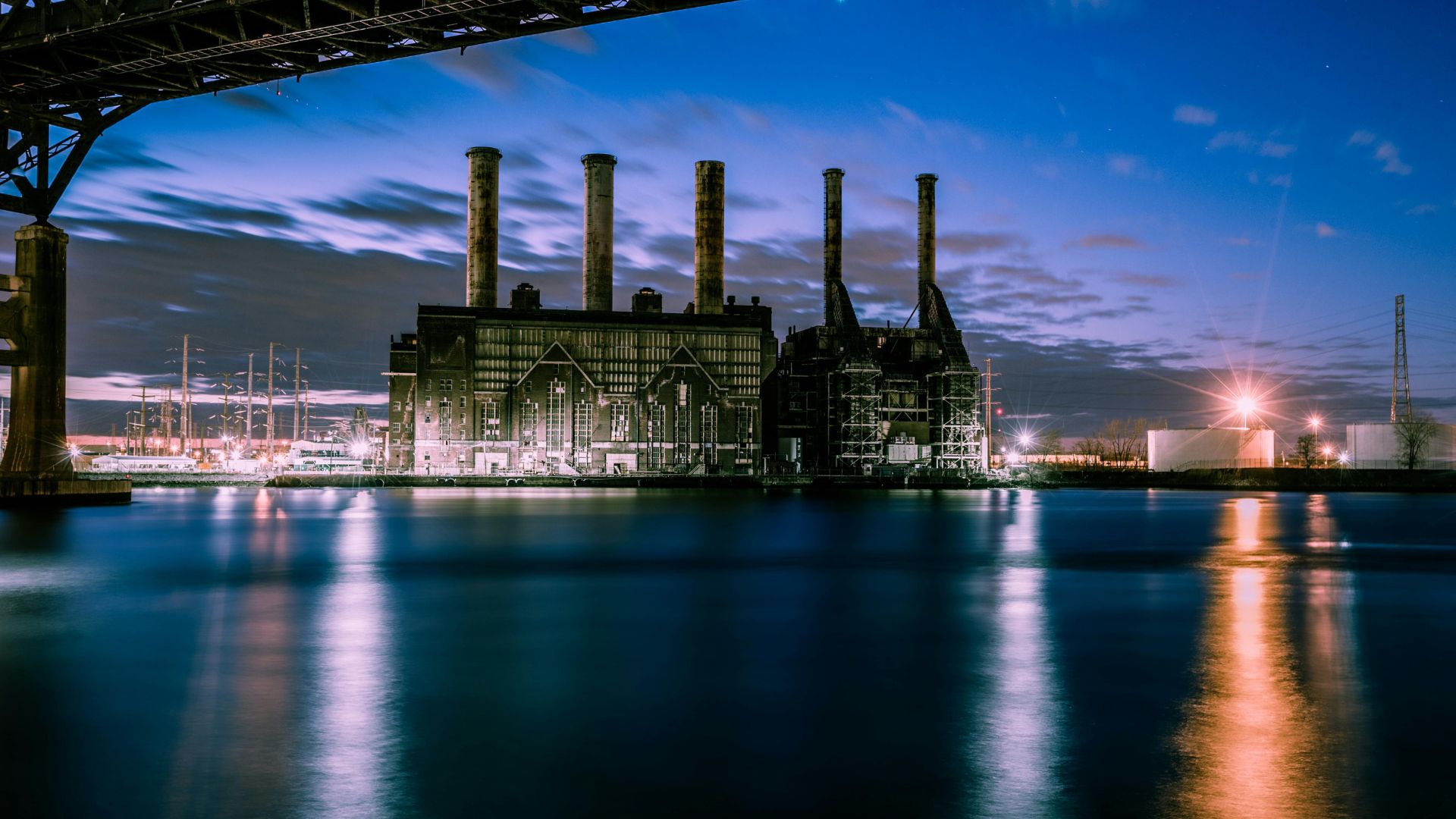
Many critics have pointed out that New Jersey has long been an unaffordable state. Now, this latest problem only continues to hurt residents.
Republican State Senator Mike Testa said, “New Jersey is already one of the most unaffordable states in the United States of America. Now people are being hit with energy bills that are essentially doubled. And look, I get it that it was a hot July, but it wasn’t that hot that your energy bills should have doubled.”
The Energy Disaster Plan?
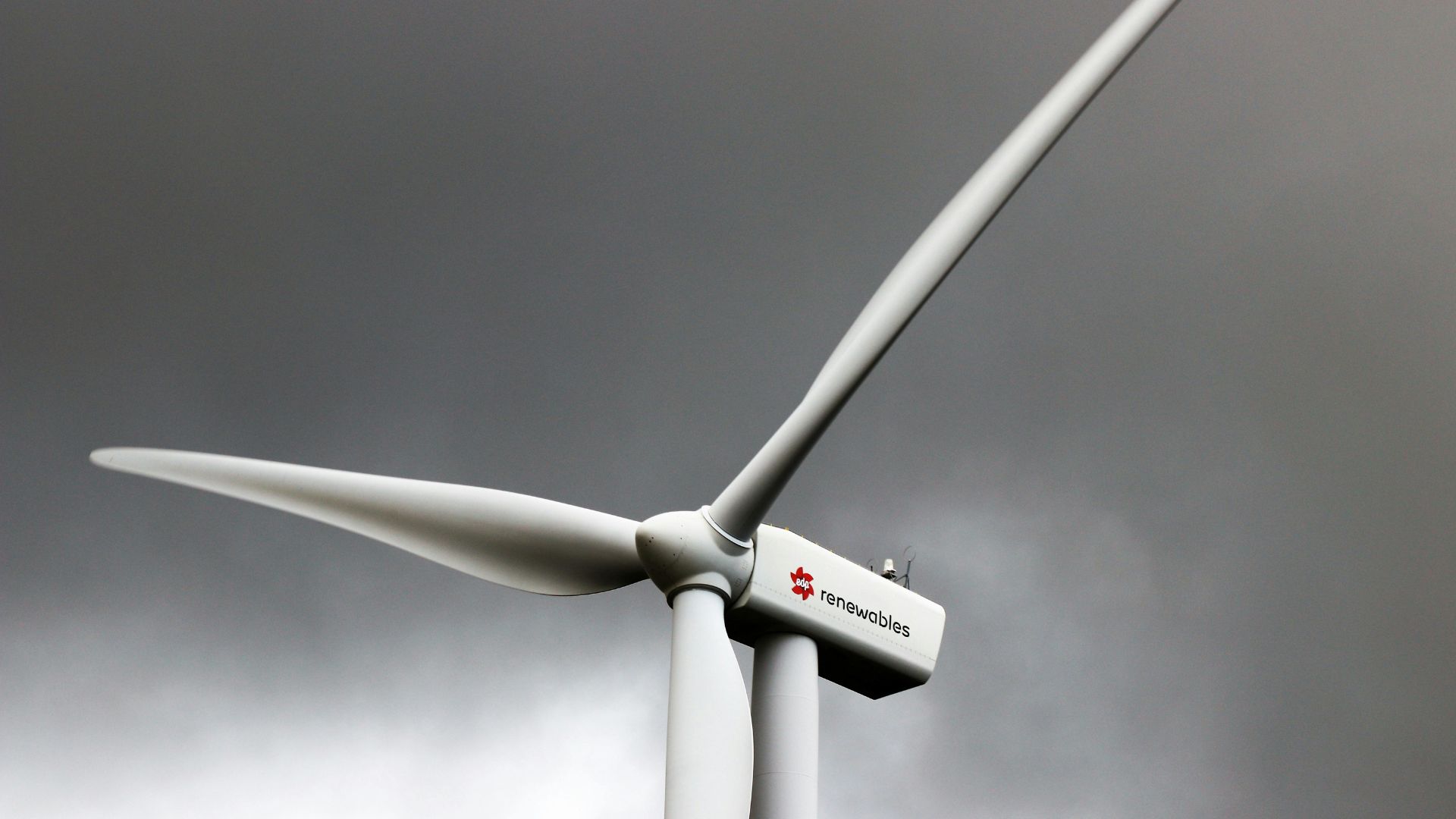
Testa has opened up with his belief that Murphy’s Energy Master Plan is to blame for these problems.
“Quite frankly, what I think happened is, via the Murphy Energy Master Plan that I’ve often called the energy disaster plan, it seemed that the BPU (New Jersey Board of Public Utilities) and the Murphy administration are working in tandem chasing this green energy dream,” he explained.
Calls for Public Hearings Increase
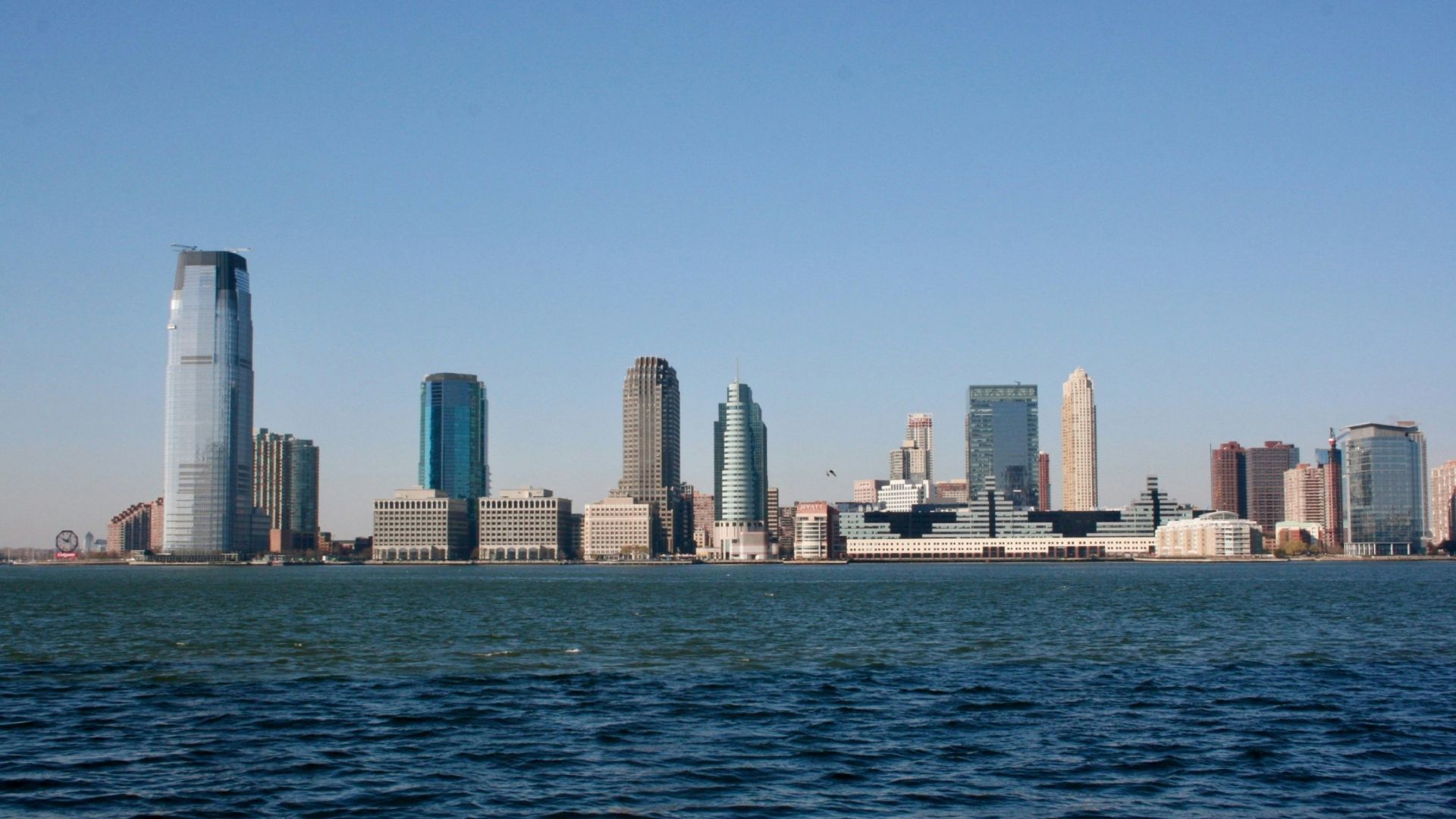
Republican Representative Jeff Van Drew has echoed residents in their call for public hearings to be held.
He said, “Given these alarming reports, I demand that the New Jersey Board of Public Utilities (NJBPU) hold a public hearing in South Jersey to allow residents to voice their concerns directly to the Board.”
Why These Rate Hikes Have Happened
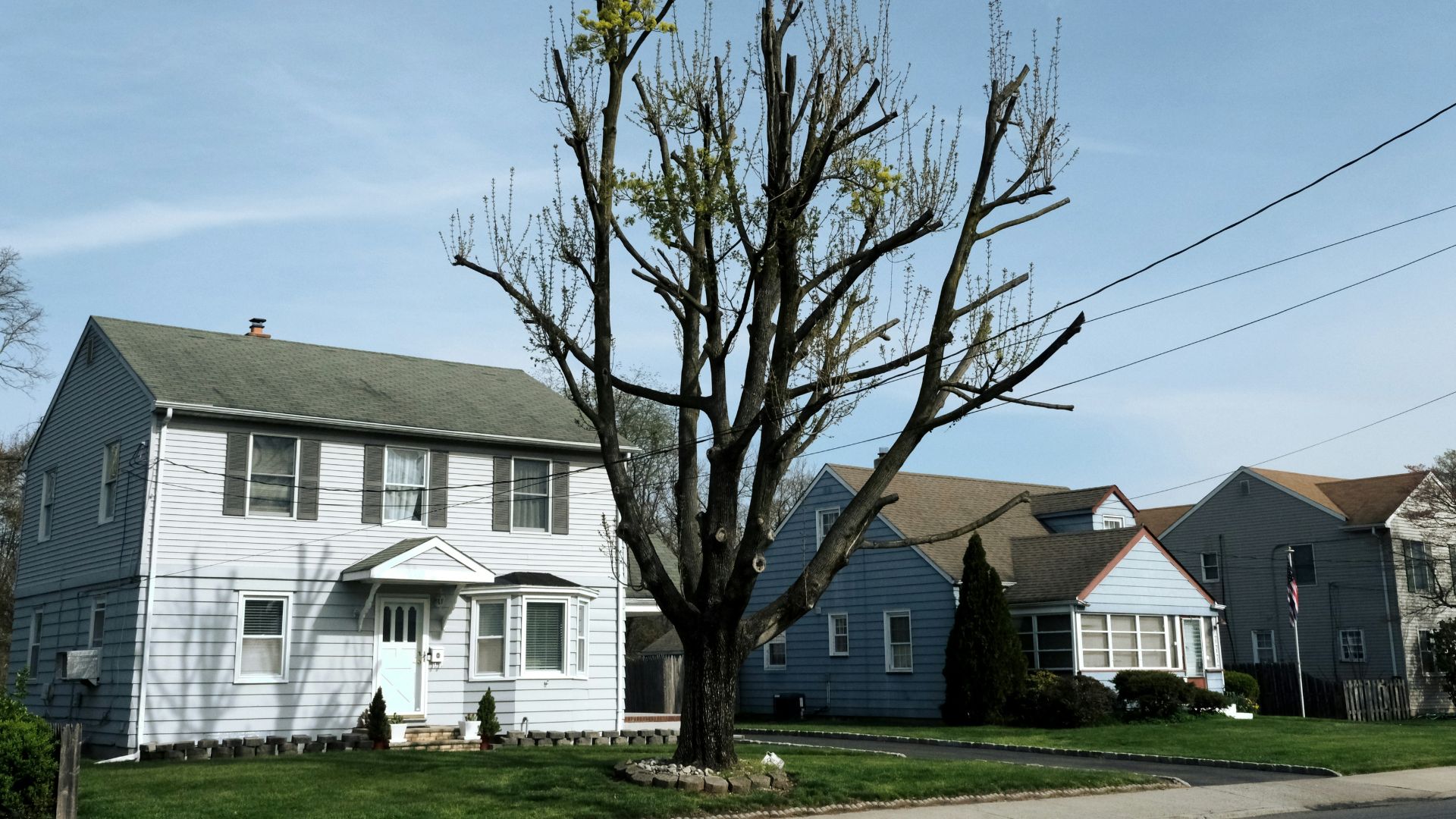
The BPU has released a statement explaining that they’ve been in touch with residents who have received these rate hikes.
According to the statement, these hikes are because of increases in usage and generation costs.
BPU Tells Customers to Contact Utility Companies
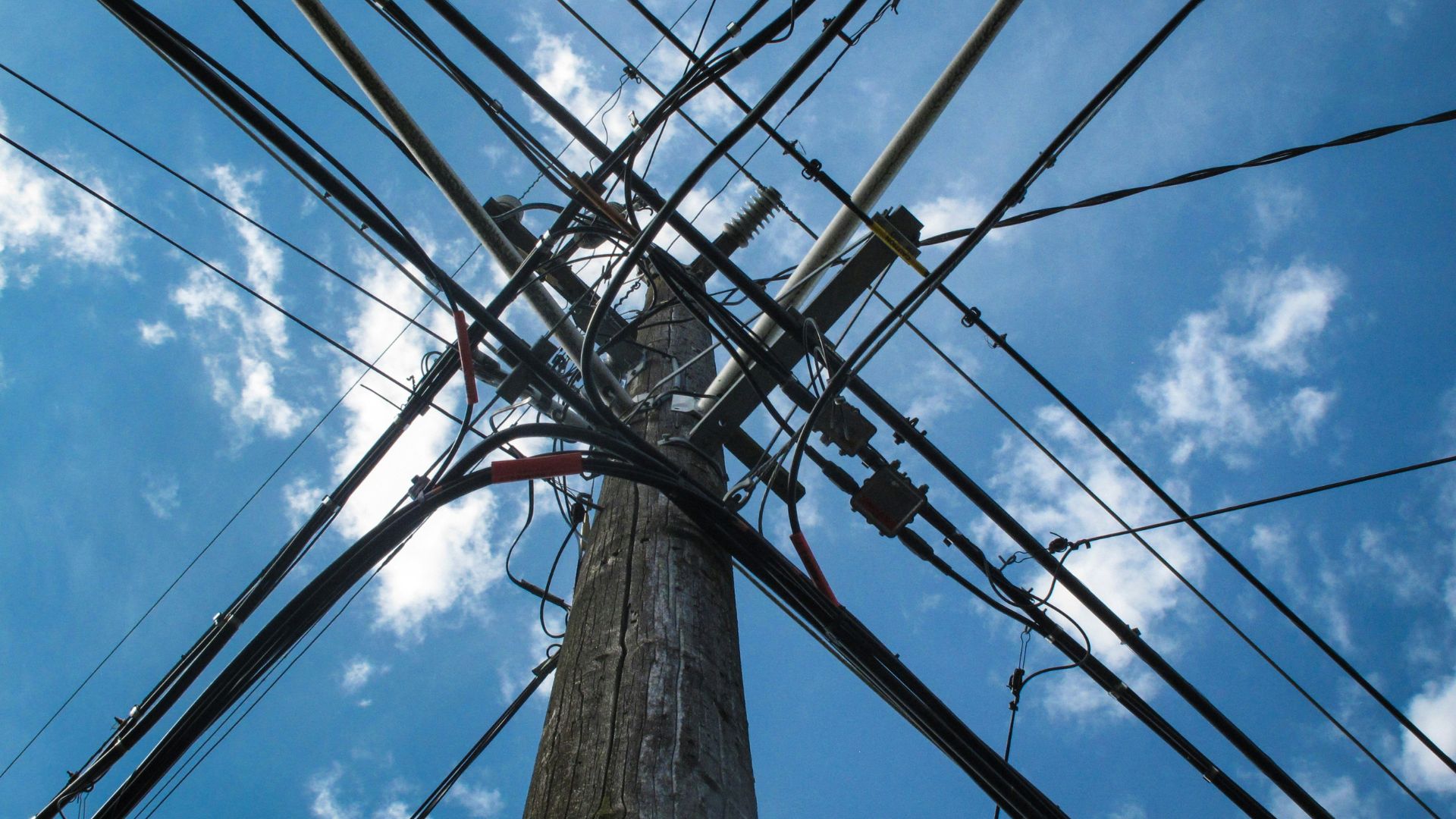
BPU has further told residents that if their utility bills have increased in an extreme way, they should get in contact with their utility companies, or with the board.
The board explained that if they find an “anomaly and cannot determine an explanation”, contact with utility companies may help solve this problem.
Electricity Demand Will Increase
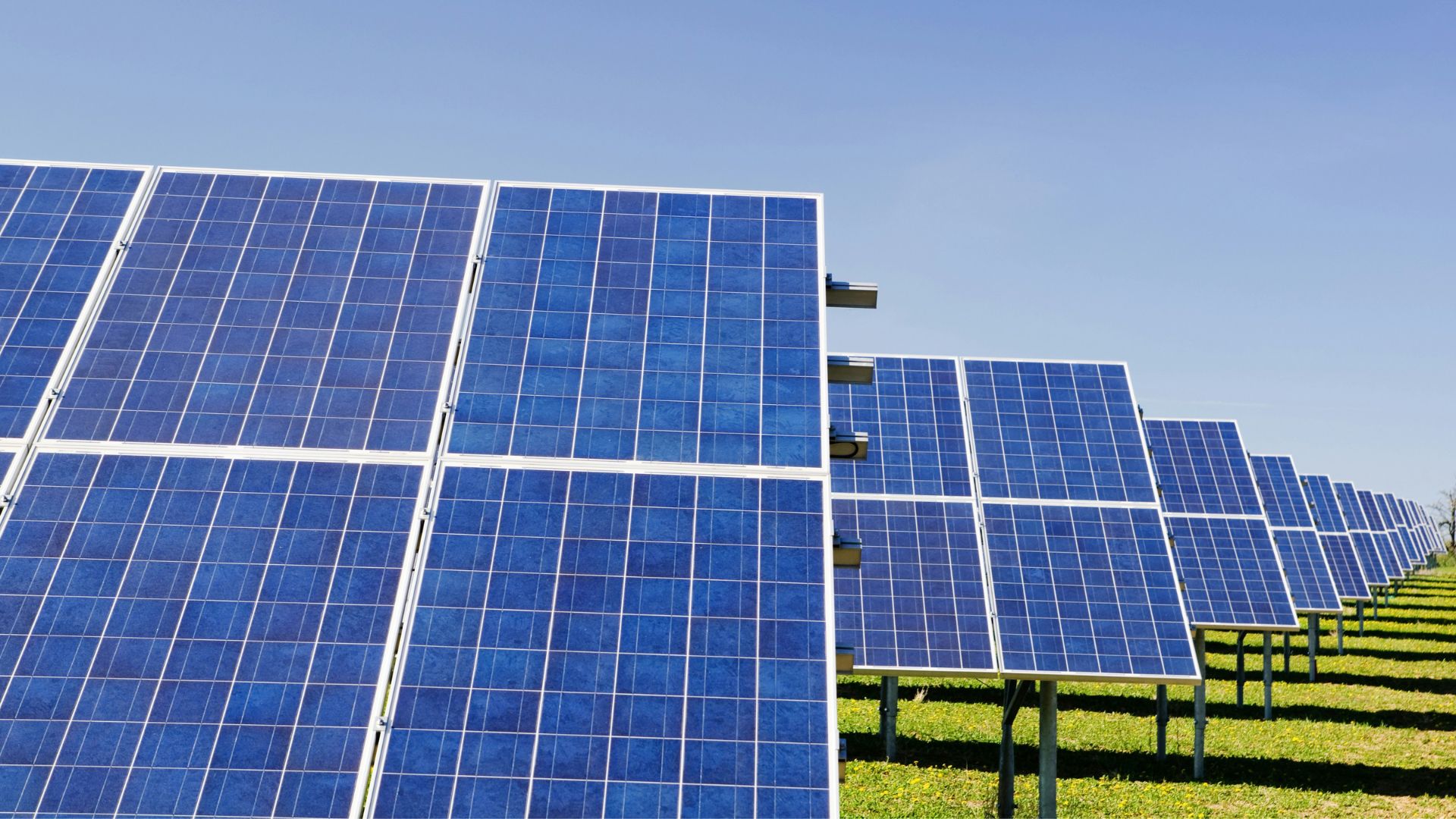
Meanwhile, PJM, an energy transmission company that covers the Mid-Atlantic, also released data showing that energy demand will only increase in the near future.
This increase is due to the “proliferation of high-demand data centers”, as well as “thermal generators retiring at a rapid pace due to government and private sector policies as well as economics.”
Murphy’s Comments
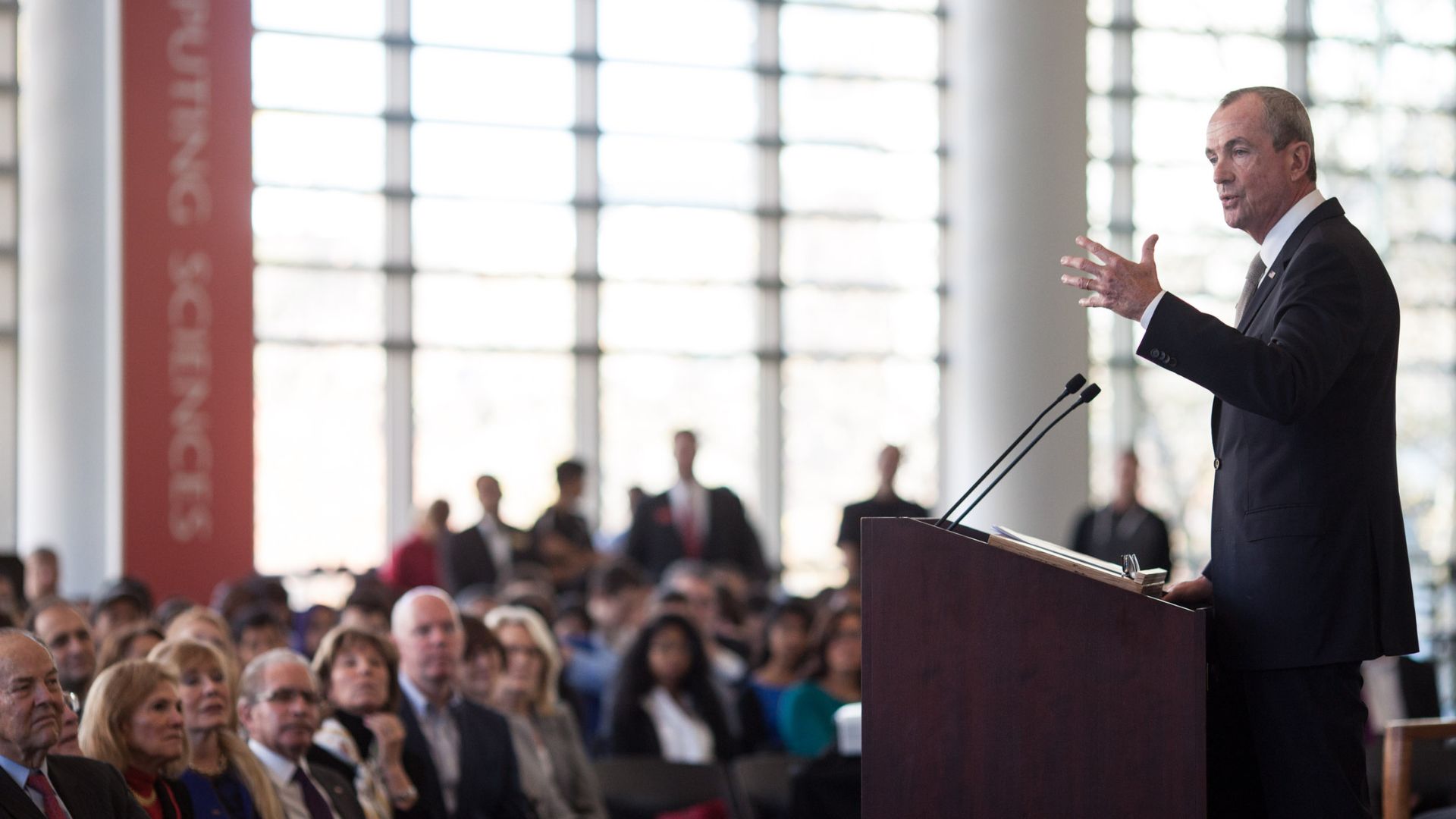
Governor Murphy hasn’t yet responded to this ongoing issue. However, the governor recently praised his energy plan.
Murphy said, “The Energy Master Plan comprehensively addresses New Jersey’s energy system, including electricity generation, transportation and buildings, and their associated greenhouse gas emissions and related air pollutants.”
